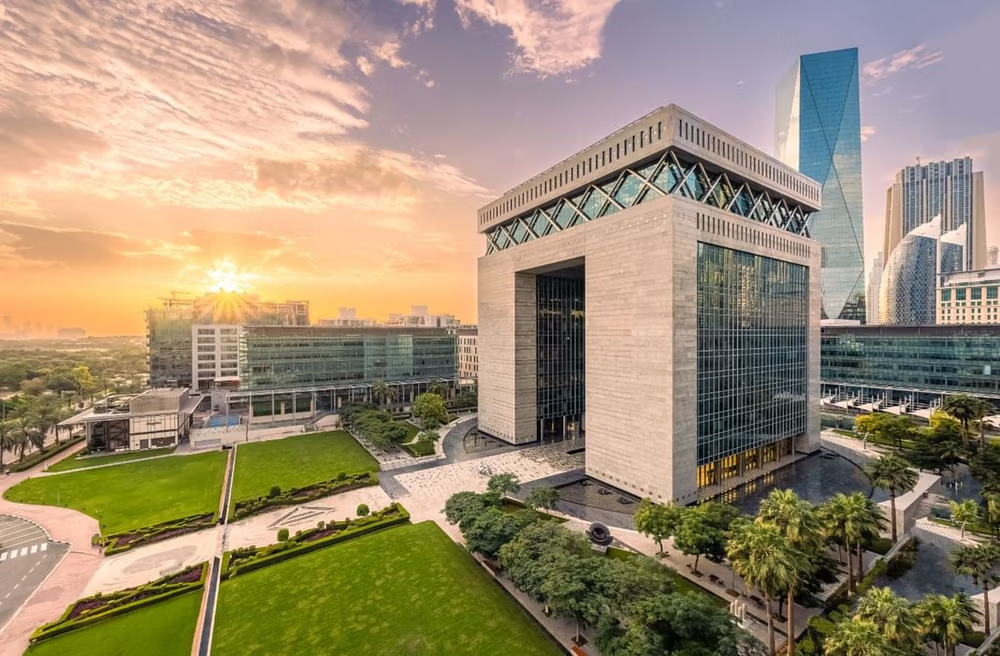Dubai International Financial Centre (DIFC) has announced a public consultation on its proposed Variable Capital Company (VCC) Regulations, a move aimed at expanding investment structuring options and enhancing asset management capabilities within the Centre.
The new framework introduces a flexible investment vehicle tailored for proprietary investment activities, offering a simplified regulatory pathway for investors while maintaining DIFC’s robust legal and governance standards.
Jacques Visser, Chief Legal Officer at DIFC Authority, stated: “DIFC Authority is pleased to announce the public consultation for our new Variable Capital Company Regulations. The proposed regime offers a unique vehicle with flexible share capital structuring for proprietary investment activities.”
Key Features of the Proposed VCC Framework
The VCC model is designed to serve investors seeking the benefits of collective investment or segregated strategies without the regulatory obligations typically required for public fund structures. Unless engaging in regulated financial services, VCCs will not require authorisation from the Dubai Financial Services Authority (DFSA) or the appointment of a regulated fund manager.
Core elements of the proposed regulations include:
- Flexible Structure: VCCs can be established as standalone entities or as umbrella structures with incorporated or segregated cells, allowing for varied investment strategies under a single legal framework.
- Dynamic Share Capital: Share capital is based on net asset value, facilitating seamless share issuance and redemption as capital flows in and out.
- Capital Distributions: VCCs can distribute dividends not only from profits but also from capital, subject to their net asset value, offering increased liquidity and strategic flexibility.
- Asset Segregation: Through cell structures, the VCC enables the ring-fencing of assets and liabilities, facilitating risk diversification and efficient management across various investment lines.
The VCC regime is particularly well-suited for family offices, high-net-worth asset holdings, and complex investment portfolios, including secondary structures, that benefit from consolidated management with operational flexibility.
DIFC invites feedback on the proposed regulations as it continues to position itself as a leading global financial centre offering innovative legal and financial frameworks aligned with international best practices.
–Input WAM





